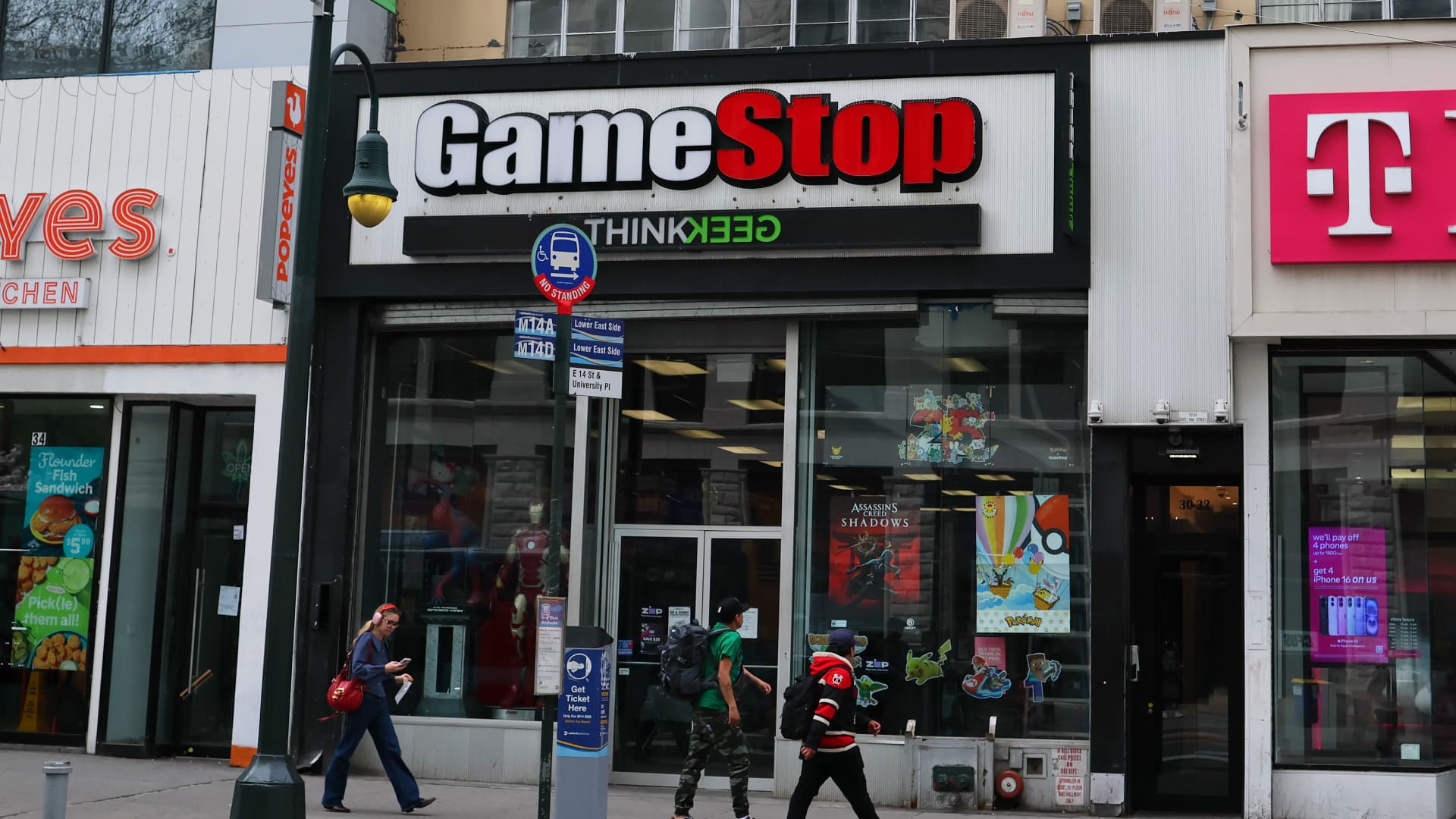The NAHB index rose by three points in March, rising to the highest levels since July. (iStock)
New construction homes are becoming more popular, mainly due to the low inventory of existing homes.
The National Association of Home Builders/Wells Fargo Housing Market Index — which measures the market conditions of new home sales — rose by three points to 51 in March. This is the highest it’s been since July. This rise in the index signals a greater desire for new construction among current homebuyers.
“The solid level of single-family production in February tracks closely with rising builder sentiment, and with mortgage rates expected to moderate further this year, this will provide an added boost for single-family building,” Carl Harris, the NAHB’s chairman, said.
Although they’re often more costly, newly built homes are even more attractive to new buyers because builders often offer incentives to buy. Compared to existing homes, which tend to go for more than listed and have buyers constantly entering into bidding wars, new builds offer a welcome reprieve.
According to NAHB survey data, builders made significant efforts throughout 2023 to get buyers to consider new builds.
“To get them [buyers] to feel more comfortable, they need to at least feel like they’re getting a deal,” Ali Wolf, Zonda’s chief economist, explained.
Many builders offer sales incentives like funds buyers can put toward closing costs, or “flex dollars” to use for home upgrades.
Around 38% of builders have also been willing to build smaller homes that are more affordable. Plus, 33% of builders focused on offering more affordable finishes and designs.
If you’re currently searching for the right mortgage, you can explore your mortgage and rate options in minutes by visiting Credible.
NEW CONSTRUCTION HOMES POPULAR AMONG MILLENNIALS DESPITE HIGH HOUSING COSTS
Homes remain unaffordable as interest rates get stuck in the high 6% range
While new builds are on the rise, the existing home market remains largely unaffordable for the average buyer. Mortgage rates continue to hover around the high 6% range and many homes are still high-priced.
“You know, when you zoom out, affordability is still very, very low from a historical perspective,” Odeta Kushi, the deputy chief economist at First American Financial Corp, said.
Average incomes across the country aren’t able to keep up with the housing market. Housing prices have risen two times faster than income levels, a Home Bay study found.
“The problem is that home price appreciation is likely to continue, probably a little bit quicker than income growth,” Charlie Dougherty, a senior economist at Wells Fargo, said.
The median-priced home in the U.S. is $433,100. To afford that price, Americans need to have an income around $166,000, but the average income of Americans is just $74,580, according to the Home Bay study.
To see if you qualify for a mortgage based on your current credit score and salary, consider visiting Credible, where you can compare multiple mortgage lenders at once.
HOMEBUYERS GAINED THOUSANDS OF DOLLARS AS MORTGAGE INTEREST RATES FALL: REDFIN
Homebuyers remain optimistic despite challenges
Despite low affordability and higher-than-expected interest rates, homebuyers remain generally optimistic about the housing market.
Fannie Mae’s Home Purchase Sentiment Index increased by 2.1 points in February for the third consecutive month. About 65% of consumers said it was a good time to sell, up from January when 60% said it was a good time.
“Consumer attitudes toward home-selling conditions increased markedly in February, with current homeowners, in particular, expressing greater optimism that it’s a ‘good time to sell,’ a development that may foreshadow an upcoming increase in existing home listings,” Doug Duncan, a senior vice president at Fannie Mae, said.
There’s still hope among homebuyers that mortgage interest rates will drop, adding some affordability to their homebuying search.
“If their expectations come true and rates move closer to the 6-percent mark by the end of 2024, as we currently expect, then it’s likely that consumer sentiment on both sides of the transaction will improve, perhaps leading to a further thawing of the housing market,” Duncan said.
If you’re looking to purchase a home in today’s market, you can explore your mortgage options by visiting Credible to compare rates and lenders and get a mortgage preapproval letter in minutes.
BIDEN WANTS TO GIVE HOMEBUYERS $400 PER MONTH: STATE OF THE UNION
Have a finance-related question, but don’t know who to ask? Email The Credible Money Expert at [email protected] and your question might be answered by Credible in our Money Expert column.

 Economics7 days ago
Economics7 days ago
 Economics7 days ago
Economics7 days ago
 Finance7 days ago
Finance7 days ago
 Economics5 days ago
Economics5 days ago
 Economics7 days ago
Economics7 days ago
 Blog Post6 days ago
Blog Post6 days ago
 Personal Finance5 days ago
Personal Finance5 days ago
 Personal Finance6 days ago
Personal Finance6 days ago











